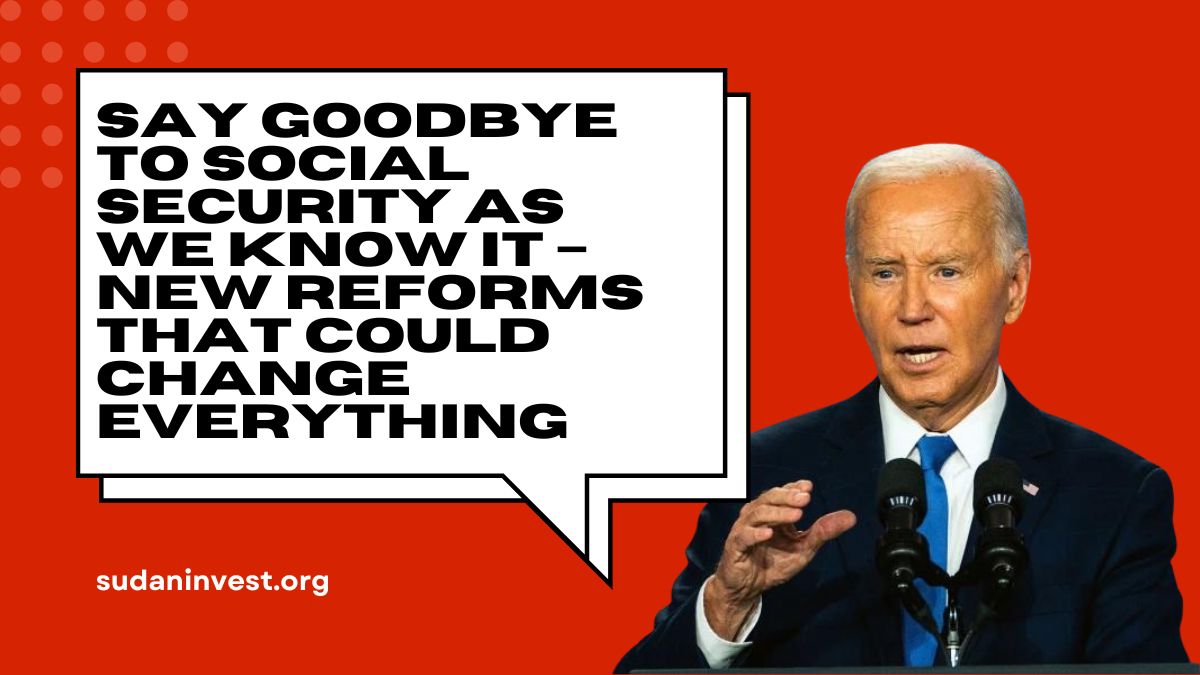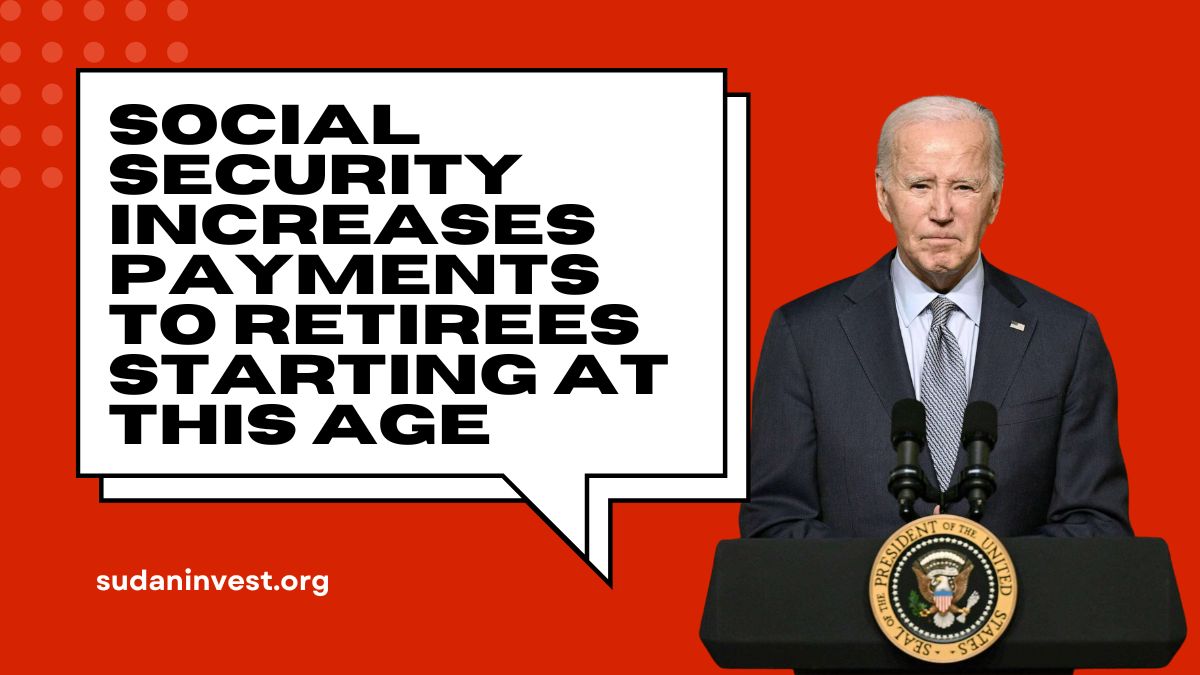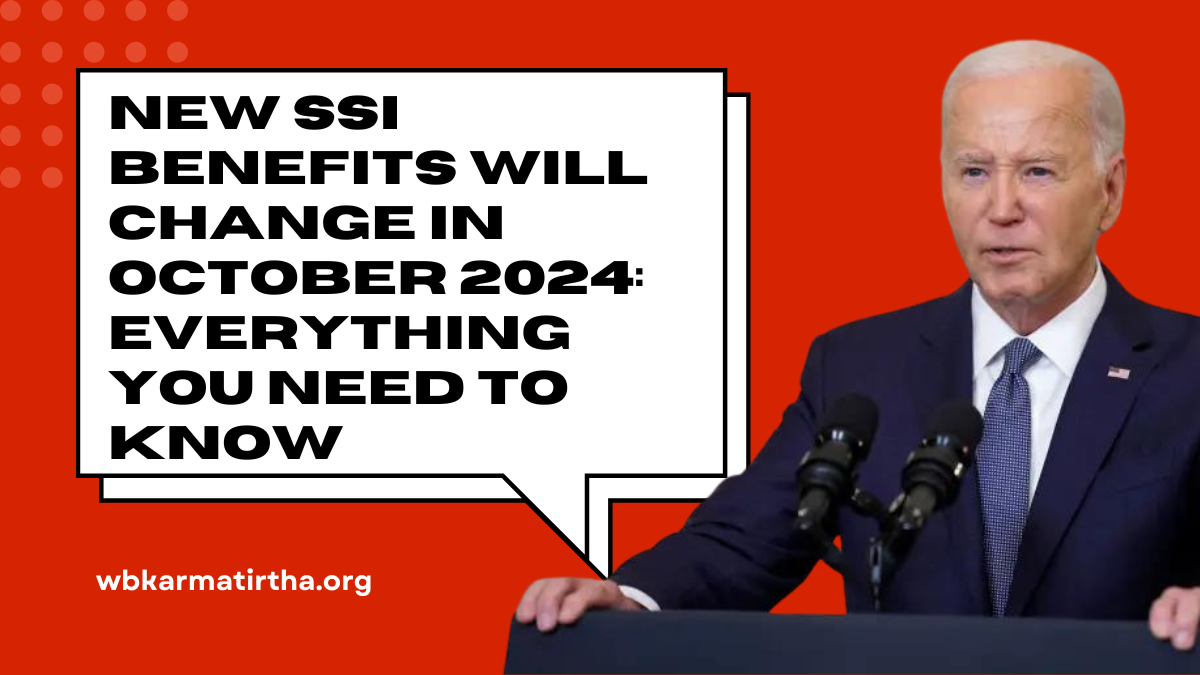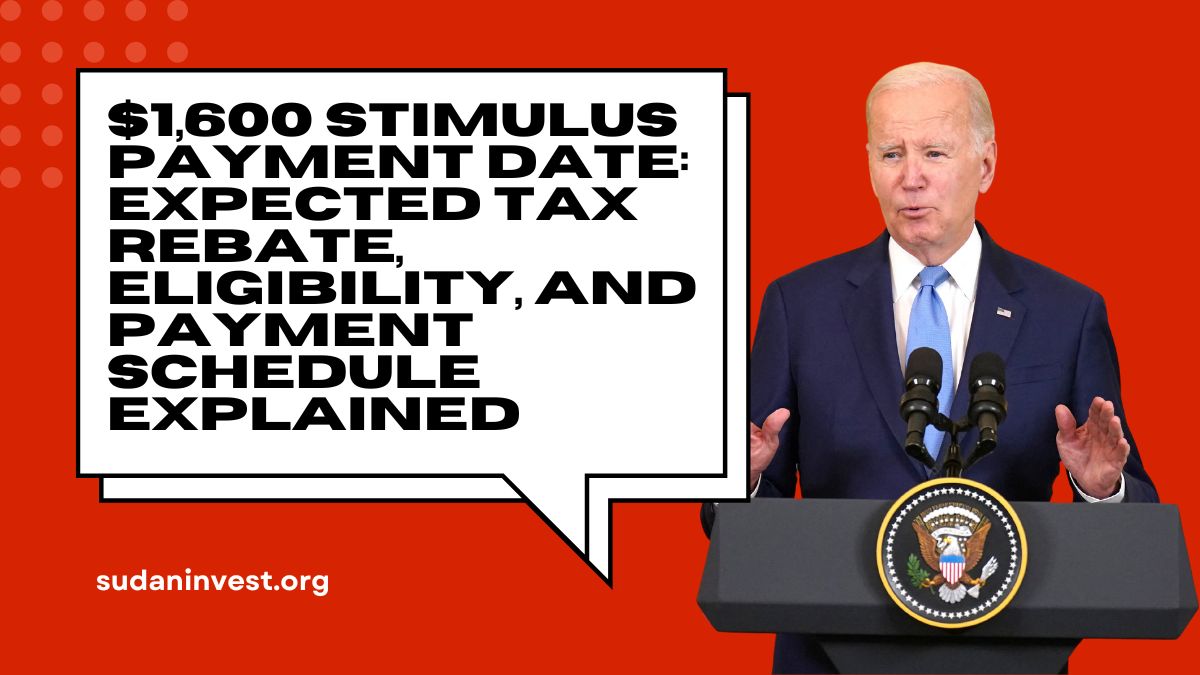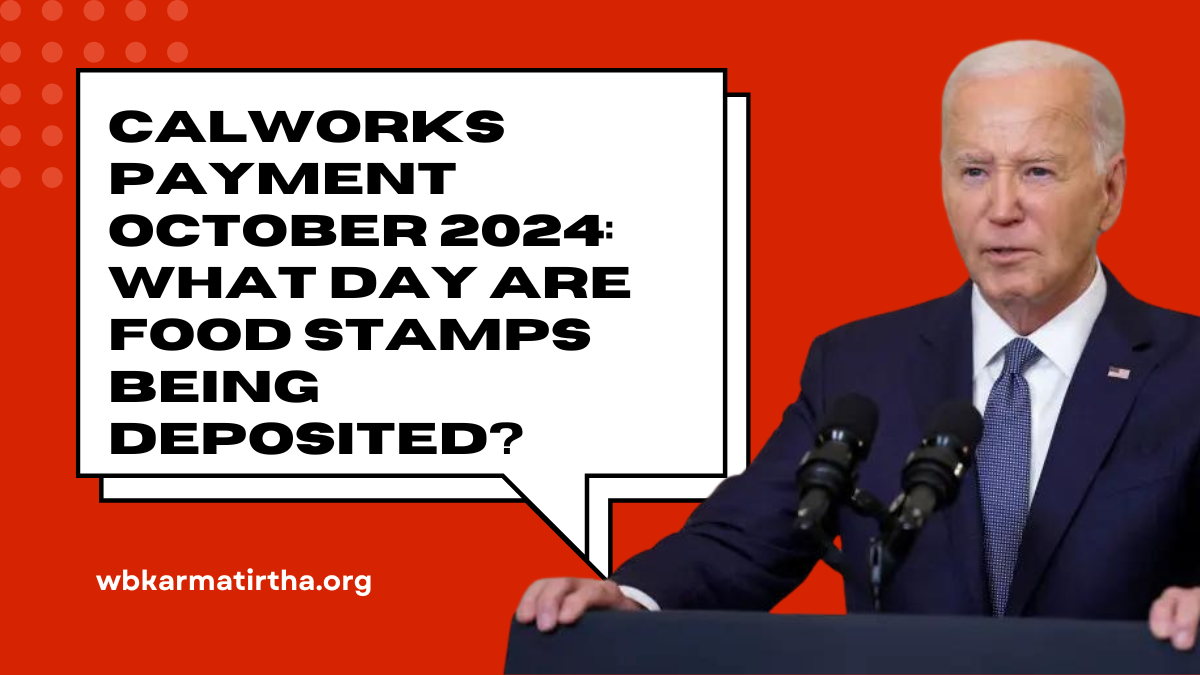Social Security in the United States is undergoing significant reform discussions that could affect millions of Americans. The Social Security Fairness Act is currently gaining bipartisan traction, which would close longstanding loopholes that have negatively impacted retirees, particularly those who receive government pensions.
If passed, the changes proposed in this reform would drastically reshape how Social Security benefits are distributed, improving fairness for workers who have contributed to the system.
What is the Social Security Fairness Act?
The Social Security Fairness Act (H.R. 82) is a bill that proposes the repeal of two major provisions: the Windfall Elimination Provision (WEP) and the Government Pension Offset (GPO). These provisions currently reduce Social Security benefits for retirees who receive pensions from non-Social Security-covered jobs, such as federal, state, or local government positions. Here’s a breakdown of how these rules impact retirees:

- Windfall Elimination Provision (WEP): This provision reduces Social Security benefits for individuals who also receive a pension from a job that didn’t withhold Social Security taxes, such as public sector work. Over 2 million retirees are currently affected by WEP.
- Government Pension Offset (GPO): GPO reduces spousal and survivor benefits for people who didn’t pay Social Security taxes due to government employment. Around 800,000 beneficiaries are impacted by this rule.
If this reform passes, retirees who worked in public service sectors and receive these pensions would see significant increases in their Social Security benefits.
Why This Reform Matters
The repeal of WEP and GPO would have substantial financial impacts for millions of retirees, many of whom have been advocating for change for decades. Public service employees, such as teachers, firefighters, and police officers, are among those most affected.
These individuals often worked in jobs where they did not contribute to Social Security, but they may have also worked in private-sector jobs where they did. The current provisions reduce or eliminate their benefits, creating a significant financial burden for many retirees.
If enacted, the Social Security Fairness Act would ensure these retirees receive the full Social Security benefits they have earned, regardless of whether they also receive a government pension.
Financial Implications of the Reform

The Urban Institute estimates that by 2025, approximately 4.5% of Social Security beneficiaries could see their benefits increase if the WEP and GPO are repealed. The average annual increase in benefits for these individuals is projected to be around $7,300.
However, the repeal of these provisions is not without cost. The Congressional Budget Office (CBO) estimates that eliminating WEP and GPO would add approximately $195 billion to the national deficit by 2034. This has led to both support and opposition from various lawmakers, who are weighing the financial impact against the need for fairness in retirement benefits.
Progress of the Legislation
The Social Security Fairness Act has garnered widespread bipartisan support. By September 2024, it had attracted 329 cosponsors, making it one of the most supported bills in Congress. A discharge petition was successfully filed in September, allowing the bill to be brought to the House floor for a vote. This process bypasses the committee stage, where many bills stall, and demonstrates the significant momentum behind this reform.
Both Republicans and Democrats have voiced strong support for the bill, with many framing it as a matter of fairness. Retirees, particularly public service workers, have been advocating for these changes for over 40 years.
Key Facts and Figures
| Key Fact | Details |
|---|---|
| Bill Name | Social Security Fairness Act (H.R. 82) |
| Provisions Repealed | Windfall Elimination Provision (WEP), Government Pension Offset (GPO) |
| Impact on Beneficiaries | Increases benefits for over 4.5% of Social Security recipients |
| Average Annual Benefit Increase | $7,300 per individual |
| Number of People Affected by WEP | Over 2 million |
| Number of People Affected by GPO | Around 800,000 |
| Estimated Cost | $195 billion added to the deficit by 2034 |
| Total Cosponsors (as of Sept 2024) | 329 |
The Path Forward

The bill’s future depends on whether it can pass both the House and the Senate. Although there is significant bipartisan support, opposition still exists, particularly from those concerned about the bill’s financial impact.
Additionally, while the bill has received strong backing in the House, it must also clear the Senate, where debate over its fiscal impact is likely to be more contentious.
Expert Opinions
Experts in Social Security policy, such as Mary Johnson, have argued that the current provisions are unfair because they penalize individuals who worked both in the public and private sectors.
Johnson notes that many of those affected by WEP and GPO are people who earned Social Security credits through part-time or second jobs, and yet they receive reduced benefits. “These individuals should not be punished for having served the public in government jobs,” Johnson argues.
Conclusion
The Social Security Fairness Act has the potential to fundamentally change the way Social Security benefits are calculated for millions of retirees. By repealing the WEP and GPO, the bill would correct longstanding inequities in the system and ensure that public service workers receive the full benefits they have earned.
However, the financial impact of this reform is significant, and the future of the bill will depend on its ability to navigate both the House and the Senate. As the debate continues, millions of retirees are watching closely, hoping for a fair resolution to this decades-long issue.
FAQs
1. What is the Windfall Elimination Provision (WEP)?
WEP reduces Social Security benefits for individuals who receive pensions from jobs not covered by Social Security taxes, typically affecting public sector employees.
2. What is the Government Pension Offset (GPO)?
GPO reduces Social Security spousal and survivor benefits for individuals who receive government pensions from jobs that did not contribute to Social Security.
3. How many people will be affected by the repeal of WEP and GPO?
Over 2 million retirees are affected by WEP, and about 800,000 are impacted by GPO. These individuals would see benefit increases if the provisions are repealed.
4. When will the changes take effect if the bill passes?
If the bill passes, the changes are expected to take effect starting in December 2023.
5. How much will this reform cost the government?
The repeal of WEP and GPO is estimated to increase the national deficit by $195 billion by 2034, according to the Congressional Budget Office.
References
- Social Security Fairness Act Updates – NARFE Illinois Federation, September 2024.
- Congressional Budget Office – Social Security Reform Estimates, 2024.
- Urban Institute Research on Social Security Benefits, 2020.
